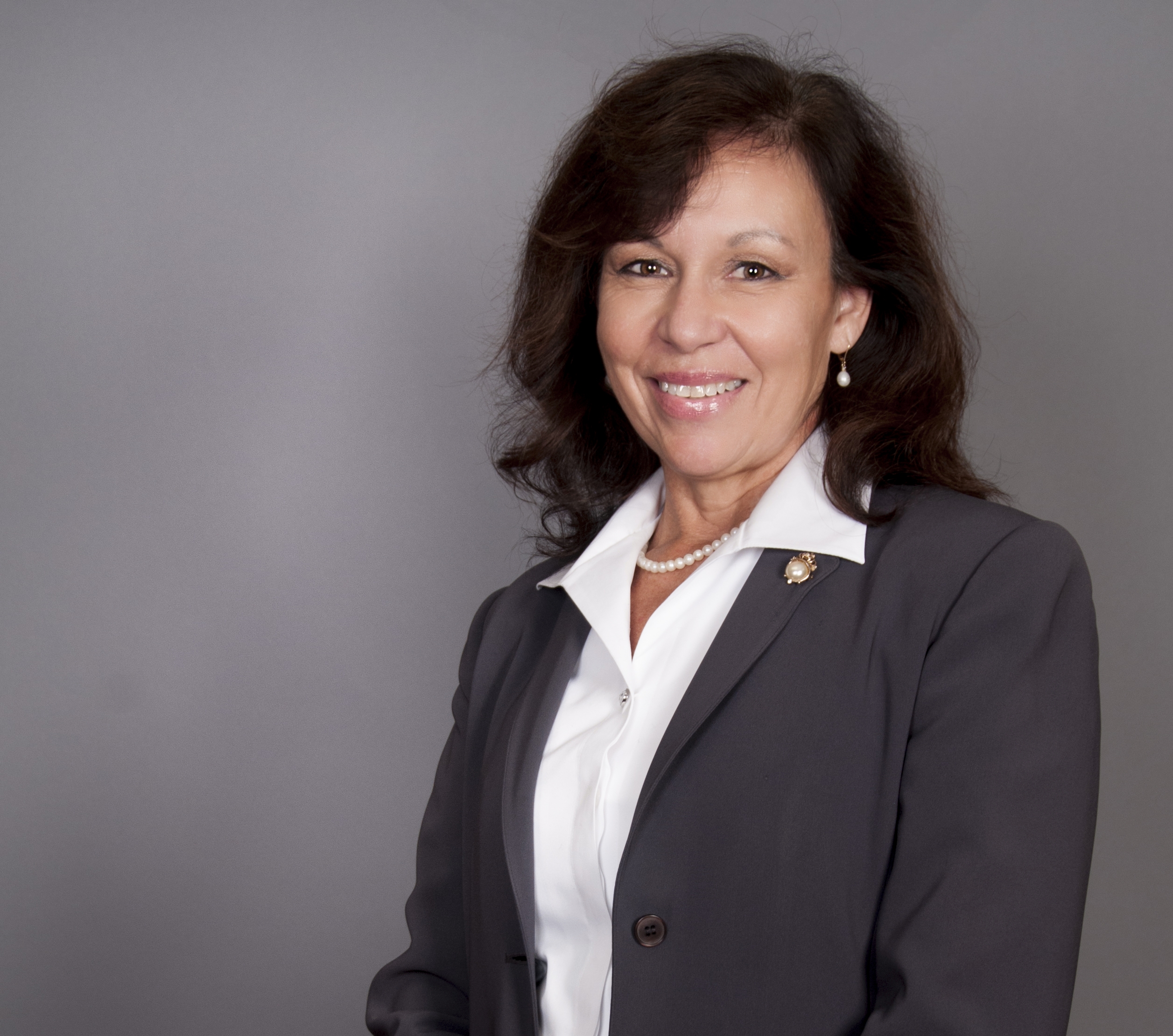AARP Hearing Center
Guest post by Blanca Castro, AARP California Manager of Advocacy

En Español | We all have a turning point in our lives. Mine came when I was 15 years old, as I witnessed my mother collapse during a massive stroke. She was just 39 years old and the stroke left her permanently paralyzed on her left side.
On that day almost 40 years ago, I went from a typical teenager in a family with six children to one of several caregivers for my mother. I helped her with daily activities such as dressing, bathing, and grooming until she regained her ability to walk and talk again. There wasn’t a formalized support system or any training for family caregivers in 1976. We relied on one another to assist with my mother's care and help raise my five year old brother. Of course, I was also attending high school.
It wasn’t just the lack of support services that made me feel like I couldn’t talk to anyone about my mother’s condition. My father held down two jobs, and to this day, I remember feeling embarrassed that I had to explain to one of my school friends why my father's car was parked on her street every Wednesday. She thought he was having an affair and I had to explain the truth – he was cleaning houses to make extra money. Eventually, we lost our home to foreclosure due to medical bills and our family’s reduced income, since my mother couldn’t work during her recovery.
With intense physical therapy, my mother eventually regained her ability to walk, talk, and once again become independent. She went to college to earn her Master's degree in Education and taught high school Spanish for many years. Today, she is 78 and my father is 80. She has survived a stroke and he has survived prostate cancer. He has become her primary caregiver, as she has slowed down significantly. Yet she refuses to use a wheelchair though she is increasingly more fragile. She will allow only family to assist her with any of her needs.
My siblings and I continue to take turns providing support for both of them. We are strong advocates on behalf of my parents. One of us always accompanies them to their medical appointments, usually peppering the doctors with questions to ensure they are receiving the best care possible.
I know there are millions of people of every age who are providing care to a loved one. Like me so many years ago, these caregivers don't always know where to turn for help or support. That’s why I’m so proud to be part of an organization that supports caregivers in so many ways. If you’re a caregiver, you can visit AARP’s Caregiver Resource Center, available online in English or Spanish. Caregivers can also call for assistance: 1-877-333-5885 for English or 1-888-971-2013 for Spanish.
AARP is also sponsoring legislation, the California Caregiver Act of 2014 (AB 1744), to help address the fragmented system we still have today. The bill would create a task force responsible for developing a comprehensive inventory of caregiver programs available in our state and determine how government, employers, resource providers, and communities can ensure Californians know about these important resources and how to access them. This is an important step in making sure that our state’s caregivers can continue keep their loved ones in their homes and communities and out of nursing homes.
We’ll continue to push for more resources and assistance for the millions of California caregivers that are taking care of loved ones in our state. If you’d like additional information about what AARP California is doing on behalf of caregivers, sign up today for our email list and join us on Facebook and Twitter.































































